With so much sad news surrounding Haiti, we are happy to share some positive reports from our work in the South. With Quixote Center’s support, our partners with the Haitian Christian Community Development (DCCH), part of the Caritas network, launched the Socioeconomic Recovery of the populations of 3rd municipal section of Les Cayes in January 2025 reaching 100 farming families.
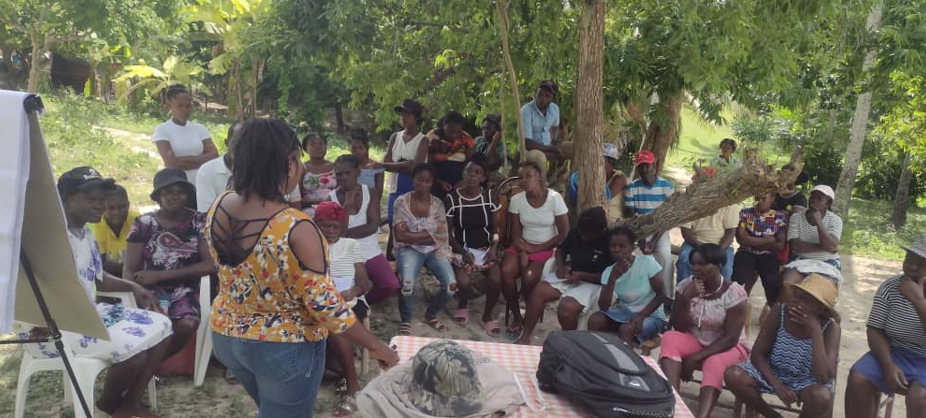
The project’s main programs are:
- Agricultural support through improved farming techniques, seed and livestock distribution.
- Waste management and environmental protection training.
- Solidarity-based microfinance via Mutual Solidarity Groups (MUSOs).
Direct beneficiaries include local community association members, mostly women, and the project aims to build local resilience, economic empowerment, and community solidarity.
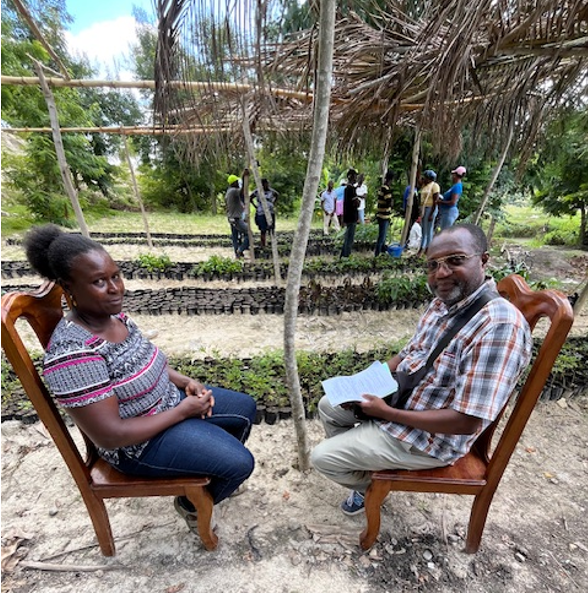
In August, our independent local auditor visited with DCCH and the project participants to conduct a qualitative assessment of the two main programs through interviews and field observations. Our consultant sat down with 10 participants, 5 from each program, to assess the actual impact of the interventions, focusing on:
- Improved living conditions and livelihoods.
- Strengthened community capacities.
- Functionality of local MUSO structures.
- Adoption of sustainable farming and environmental practices.
- Changes in the lives of beneficiaries.
One of the key findings of this study is that initially, beneficiaries were hesitant to participate due to past experiences with unfulfilled promises. Unlike previous projects, this intervention began without unrealistic commitments, starting instead with awareness sessions and practical training. This led to community buy-in and a sense of ownership over the project. Including participants in the decision-making process allows this partnership to yield promising results.
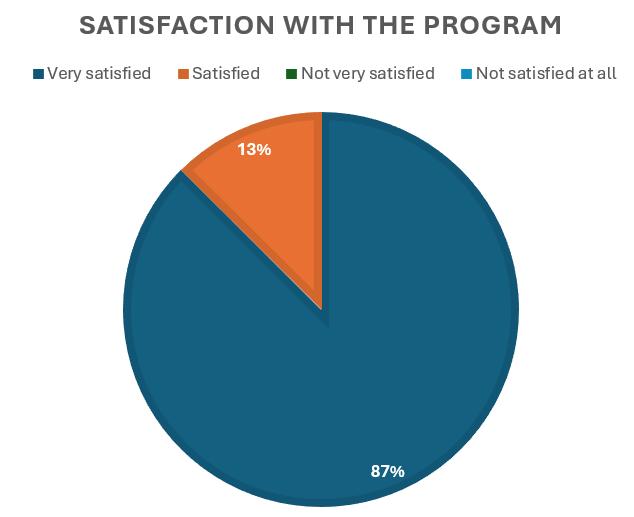 8 months into the program, all the interviewed participants report having participated in all the trainings on improved agriculture practices and how to join a MUSO. As a result of these activities, they all perceive positive changes in their lives, including an increase in their income and implementing new ways to farm and raise animals. One participant testified that “the new techniques allow us to spend less and earn more. We no longer need to buy food at the market – we eat what we grow.”
8 months into the program, all the interviewed participants report having participated in all the trainings on improved agriculture practices and how to join a MUSO. As a result of these activities, they all perceive positive changes in their lives, including an increase in their income and implementing new ways to farm and raise animals. One participant testified that “the new techniques allow us to spend less and earn more. We no longer need to buy food at the market – we eat what we grow.”
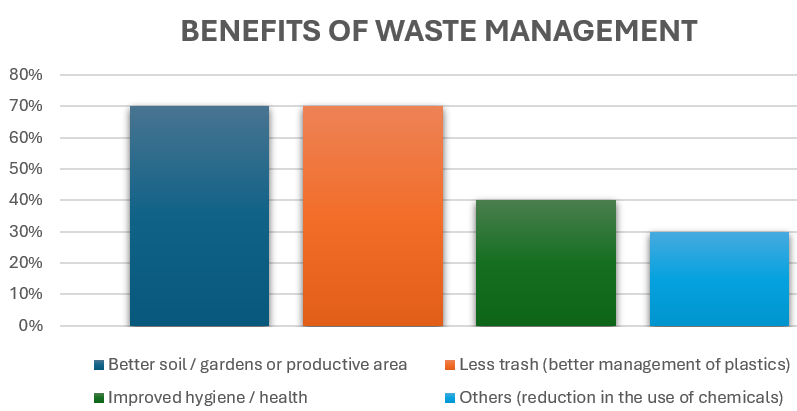 In the agriculture and environmental protection activities, participants received quality seeds (beans, corn, millet, yam) and started farming. Many already harvested corn and prepared new plots. Our consultant observed better organized and more productive fields compared to past practices. One participant shared that as a result of this initiative “we are closer to each other, we protect our environment, and manage waste well. Organic waste is turned into fertilizer, and our children are healthier.”
In the agriculture and environmental protection activities, participants received quality seeds (beans, corn, millet, yam) and started farming. Many already harvested corn and prepared new plots. Our consultant observed better organized and more productive fields compared to past practices. One participant shared that as a result of this initiative “we are closer to each other, we protect our environment, and manage waste well. Organic waste is turned into fertilizer, and our children are healthier.”
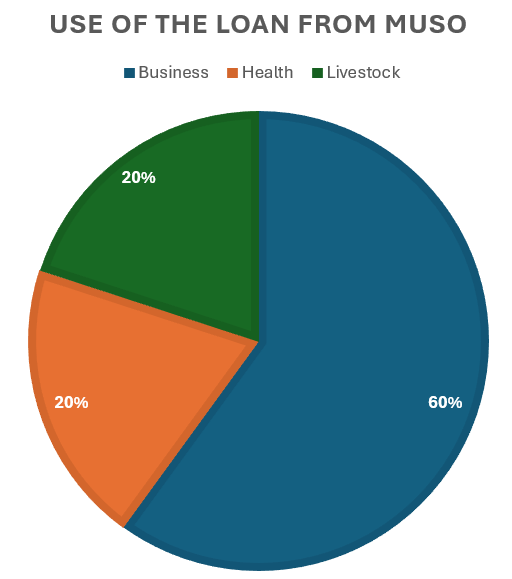 The MUSO component is highly appreciated, especially by women. It allows members to access small loans for micro-enterprises such as petty trade and food products like the popular breakfast snack, akasan, made with corn, sugar and milk. This helps improve family income and food security.
The MUSO component is highly appreciated, especially by women. It allows members to access small loans for micro-enterprises such as petty trade and food products like the popular breakfast snack, akasan, made with corn, sugar and milk. This helps improve family income and food security.
However, interviewed participants unanimously requested an increase in the MUSO fund to allow more members to access credit and support better business plans. In fact, this is one of many other suggestions they have for the future of this project as we are exploring the possibility of continuing and expanding these activities in the region.
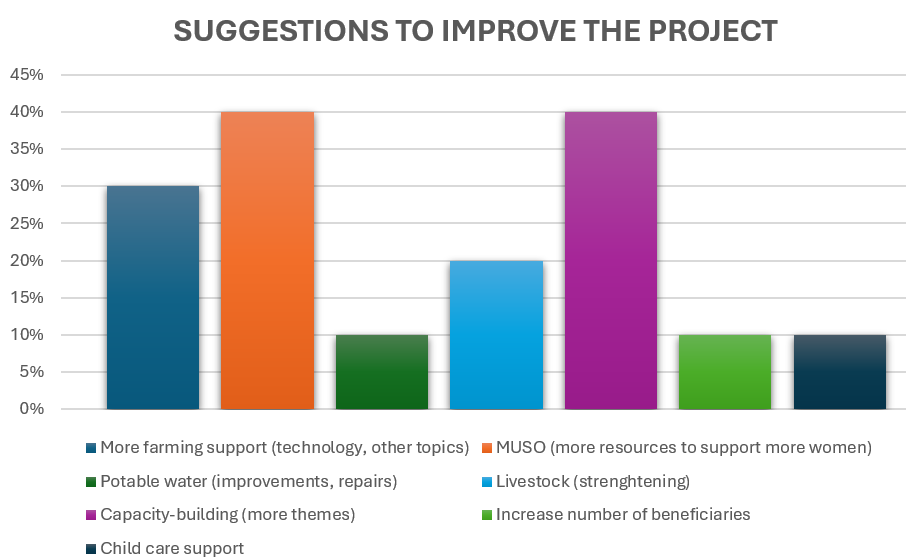 As one participant said, “we hope partners will not give up on us. We are just starting, and we want more training to build a stronger, united, environmentally friendly community.”
As one participant said, “we hope partners will not give up on us. We are just starting, and we want more training to build a stronger, united, environmentally friendly community.”
Quixote Center welcomes the constructive feedback from all community members, and we are grateful for the incredible work the DCCH is doing with this project. As we enter the final quarter, we look forward to its potential expansion. With the help of our donors and local partners, we can transform many more lives.
We invite you to watch this short video highlighting some testimonials from the participants in this qualitative assessment.



Comments
celeste kearney (not verified)
this sounds like a wonderful program. I'd like to donate financial support. what is the best way to do that?
celeste (not verified)
see above.
Quixote Center (not verified)
Thanks Celeste! You can donate online or send a check designating it to this program. We are grateful for your support. --Kim
Sally Buxton (not verified)
I work with a local community group in the village of Grand Goave, not far from Les Cayes. How do you select groups/locations to participate in your program?
Quixote Center (not verified)
Hi Sally, We work with our local partners to select the communities for our programming. Please feel free to email me if you would like to discuss further. --Kim